Improving the Lives of Children with Disabilities: For the Smile of a Child
We provide comprehensive rehabilitation resources to improve the quality of life for children and young adults with neurological and cerebral disabilities.
To provide medical, educational, and therapeutic care to children and young people with various types of neurological and cerebral disabilities (including Cerebral Palsy, Down Syndrome, West Syndrome, Psychomotor Delay, Autism, and others). We aim to equip them with a comprehensive range of tools for their rehabilitation, fostering their autonomy and, in many cases, their integration into mainstream schools and/or workshops where they can learn a trade and achieve self-sufficiency.
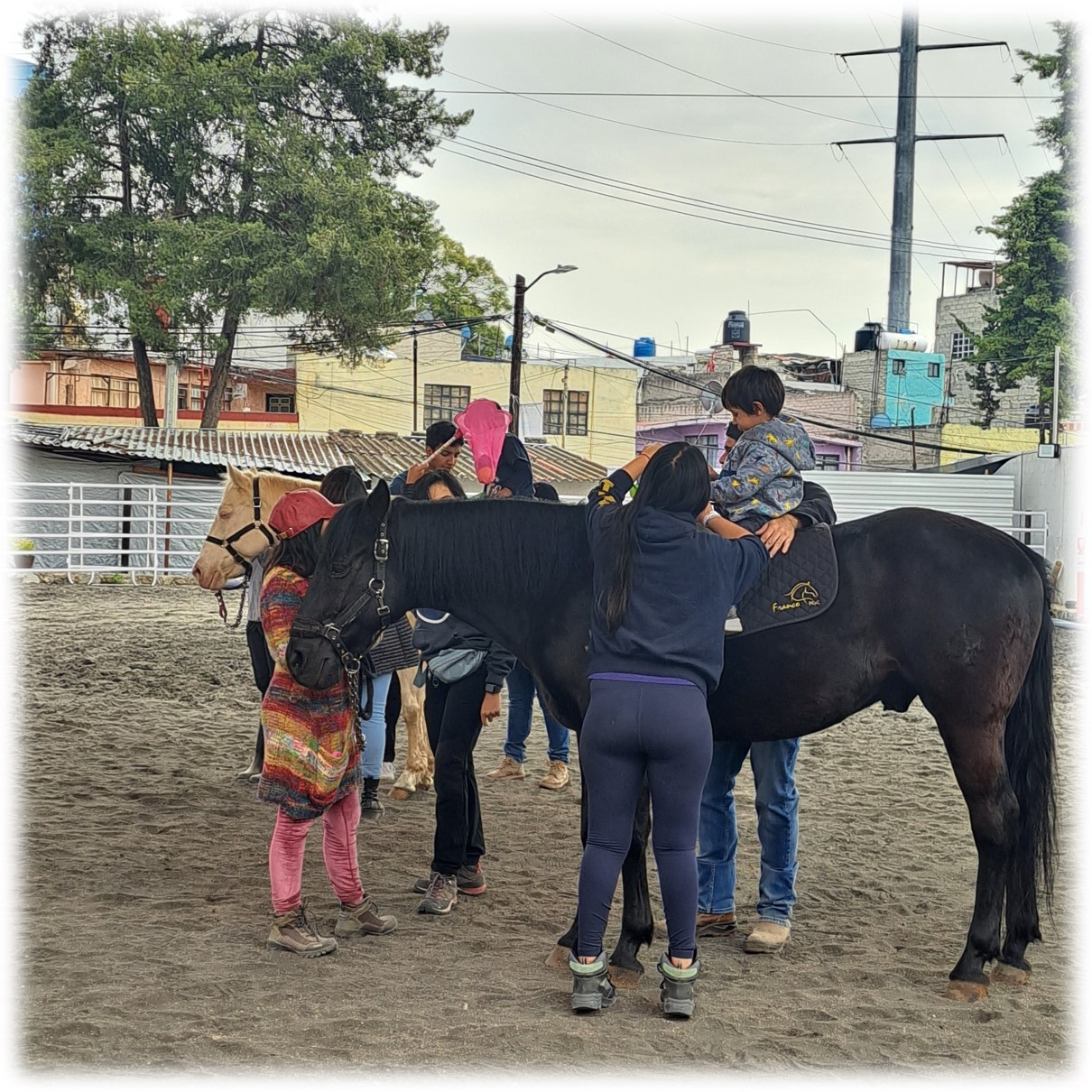
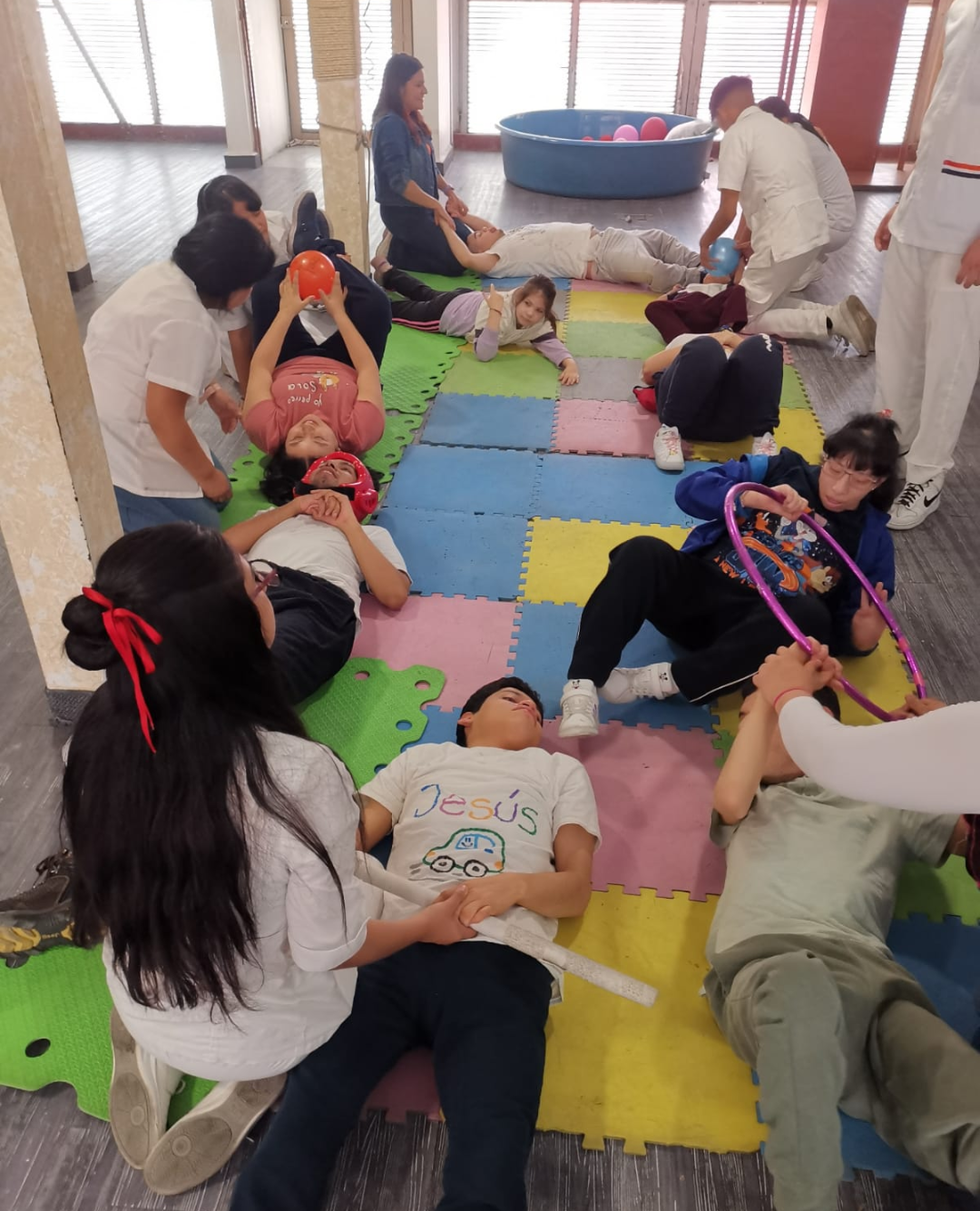
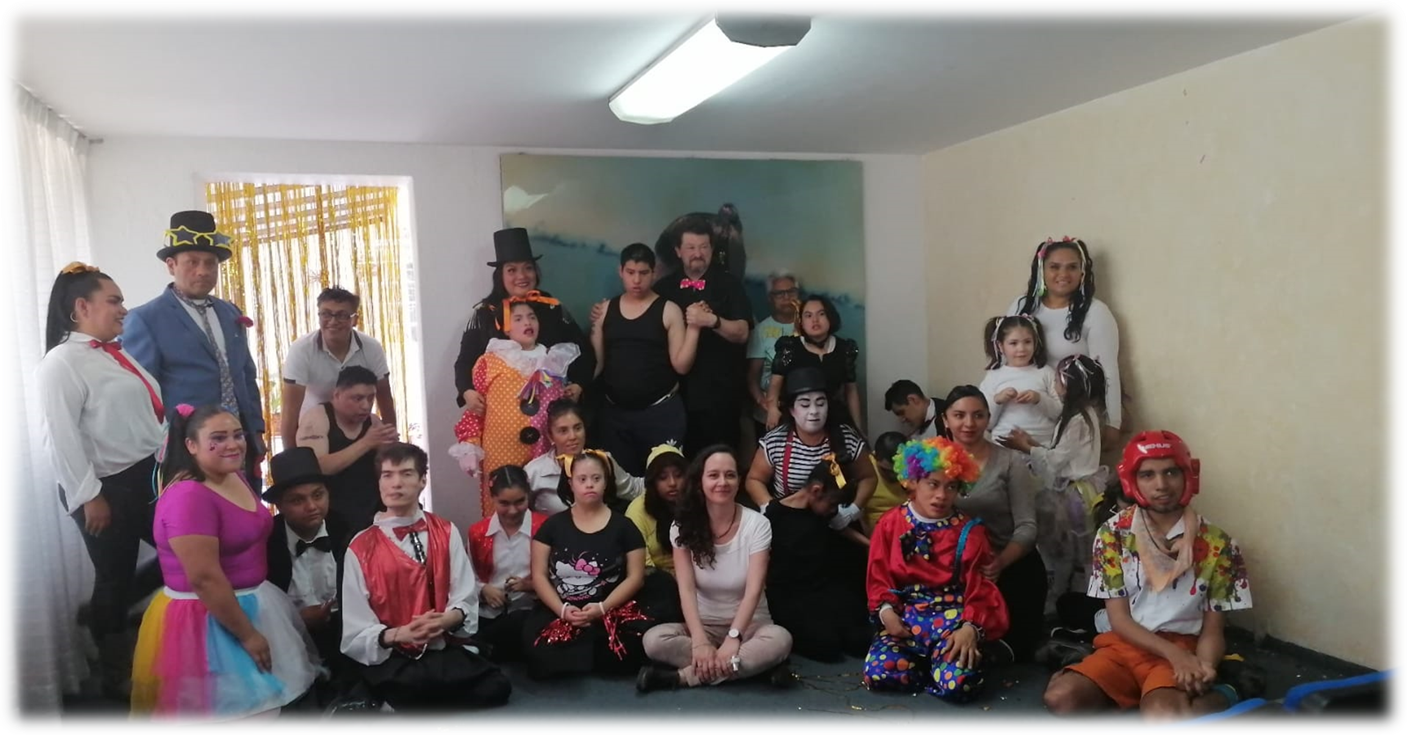
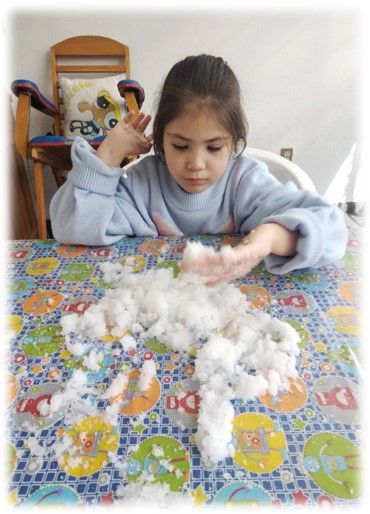
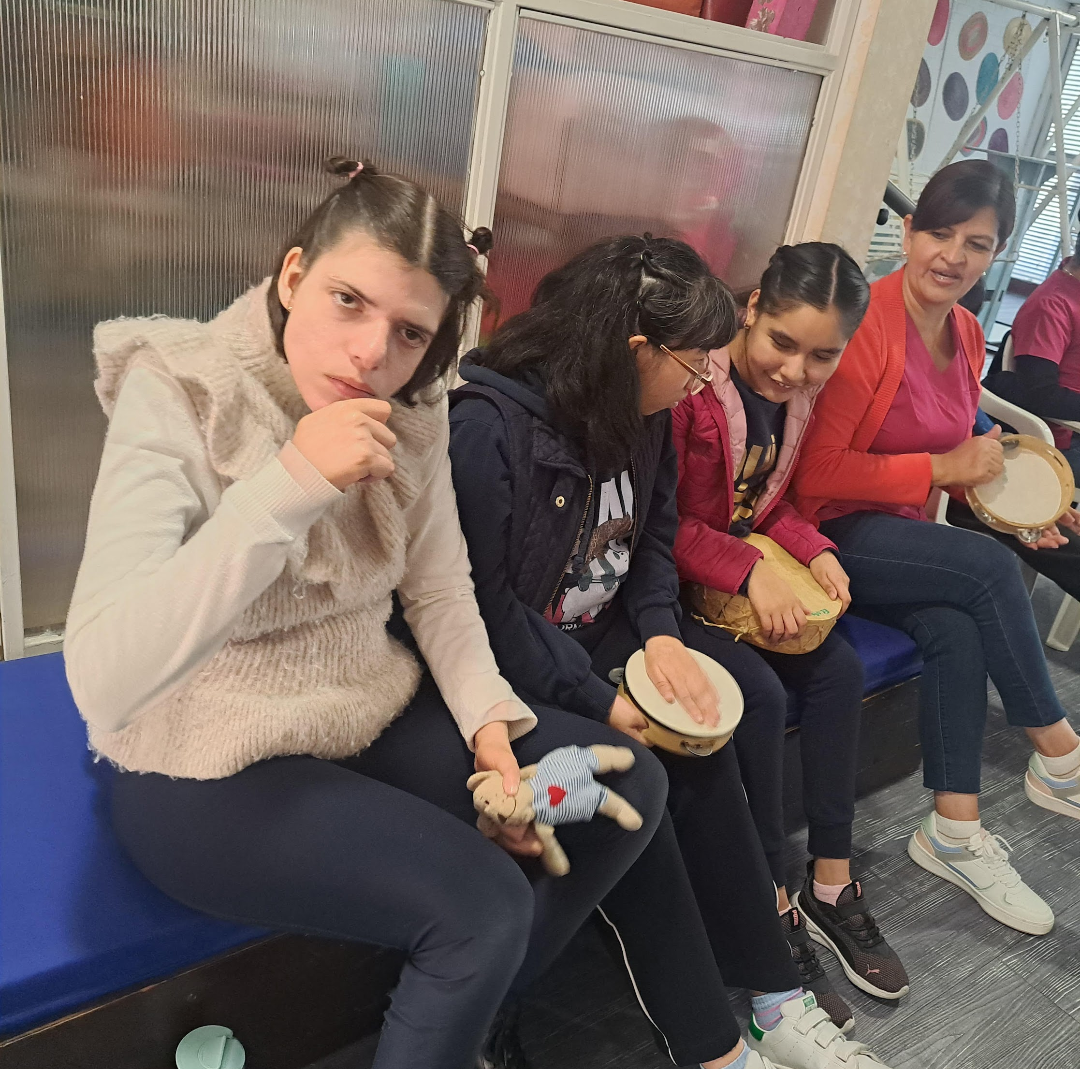
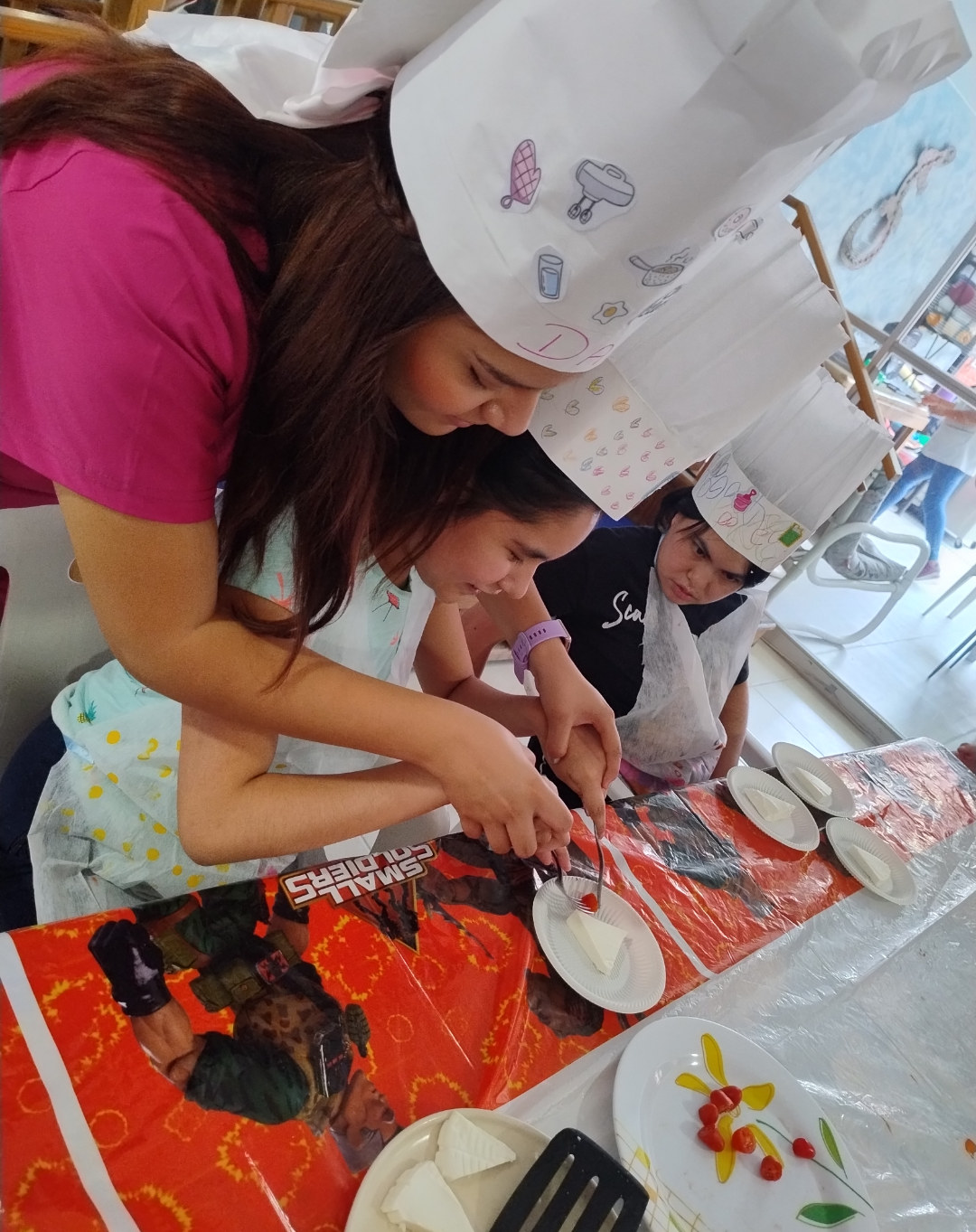
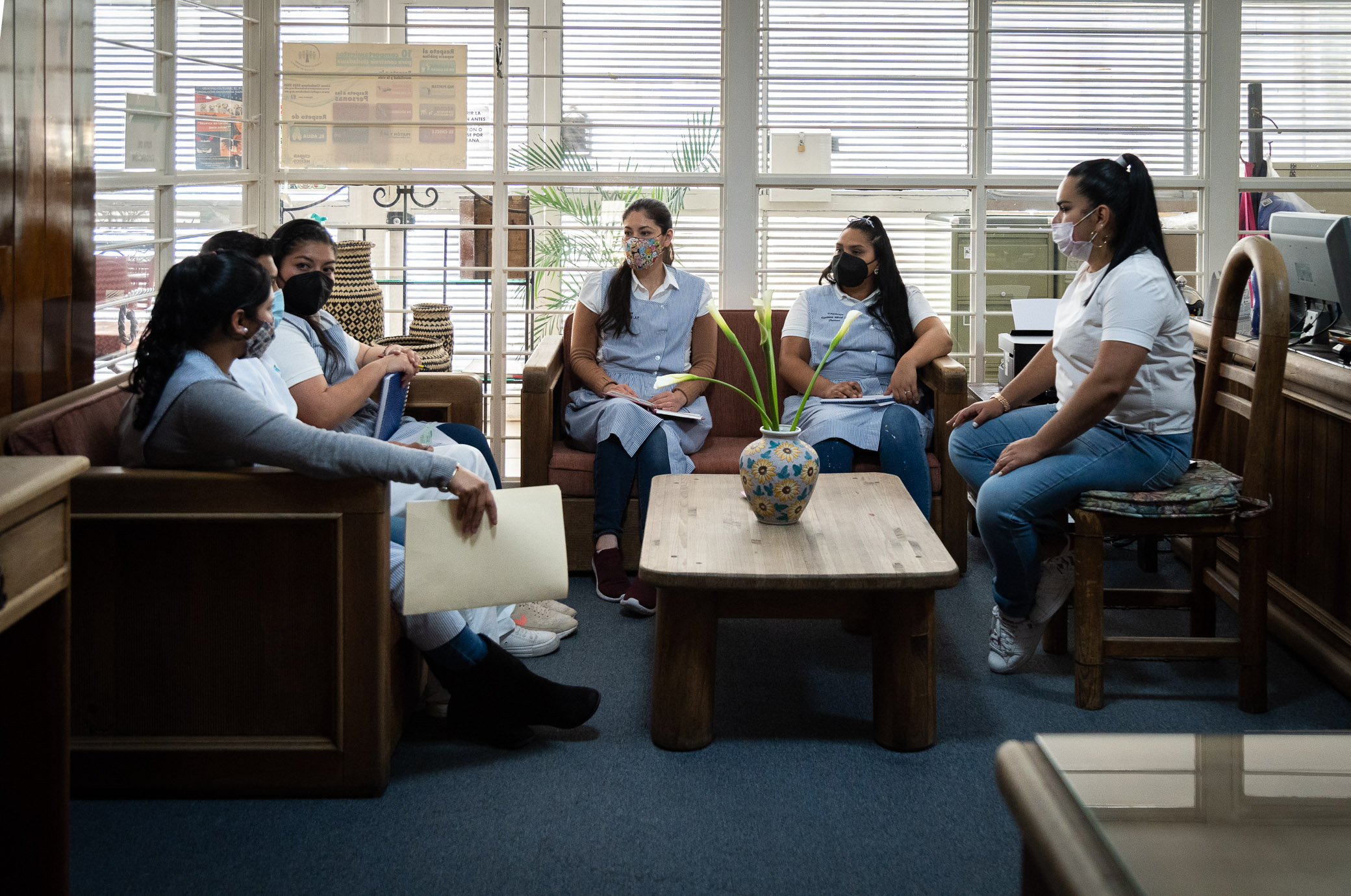
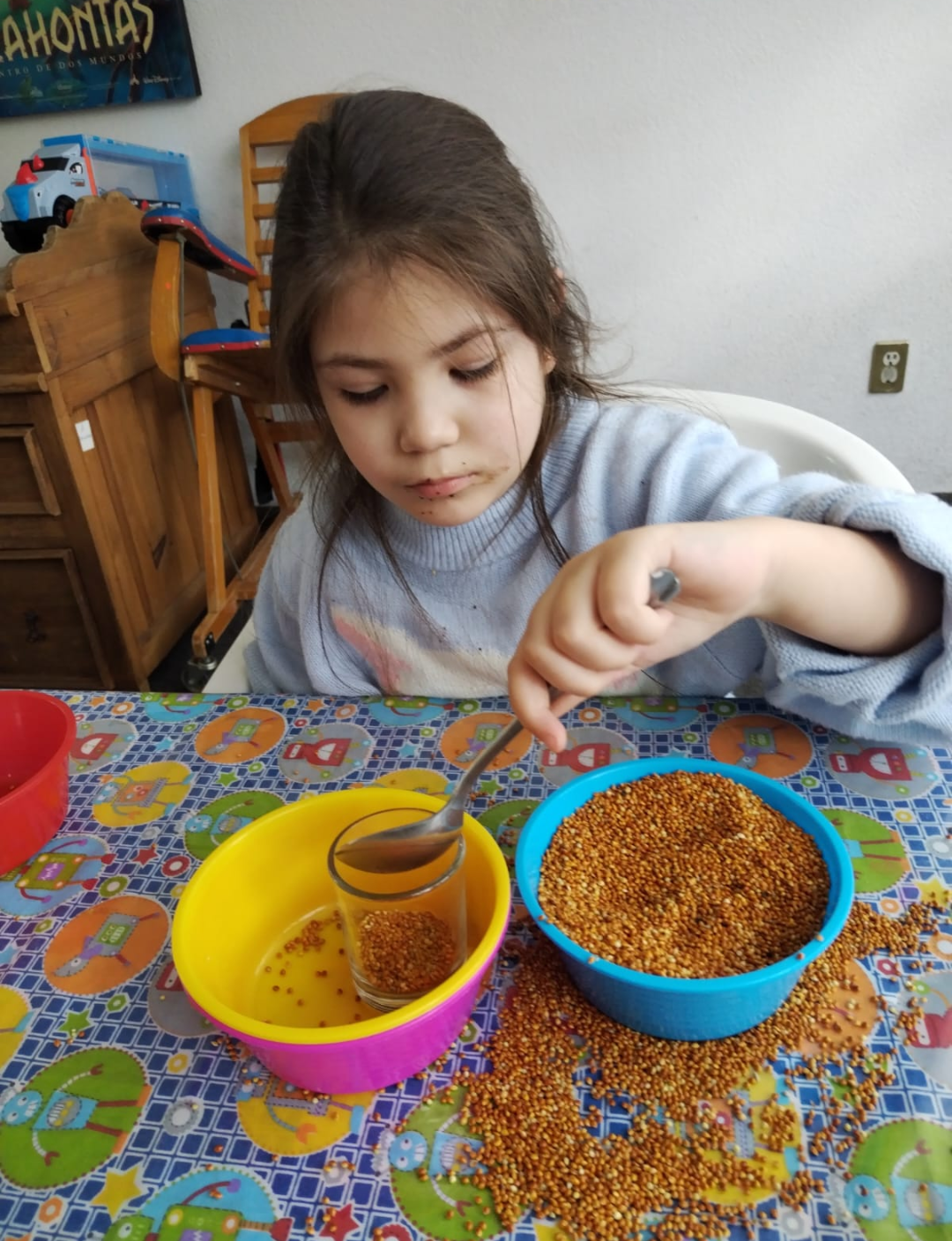
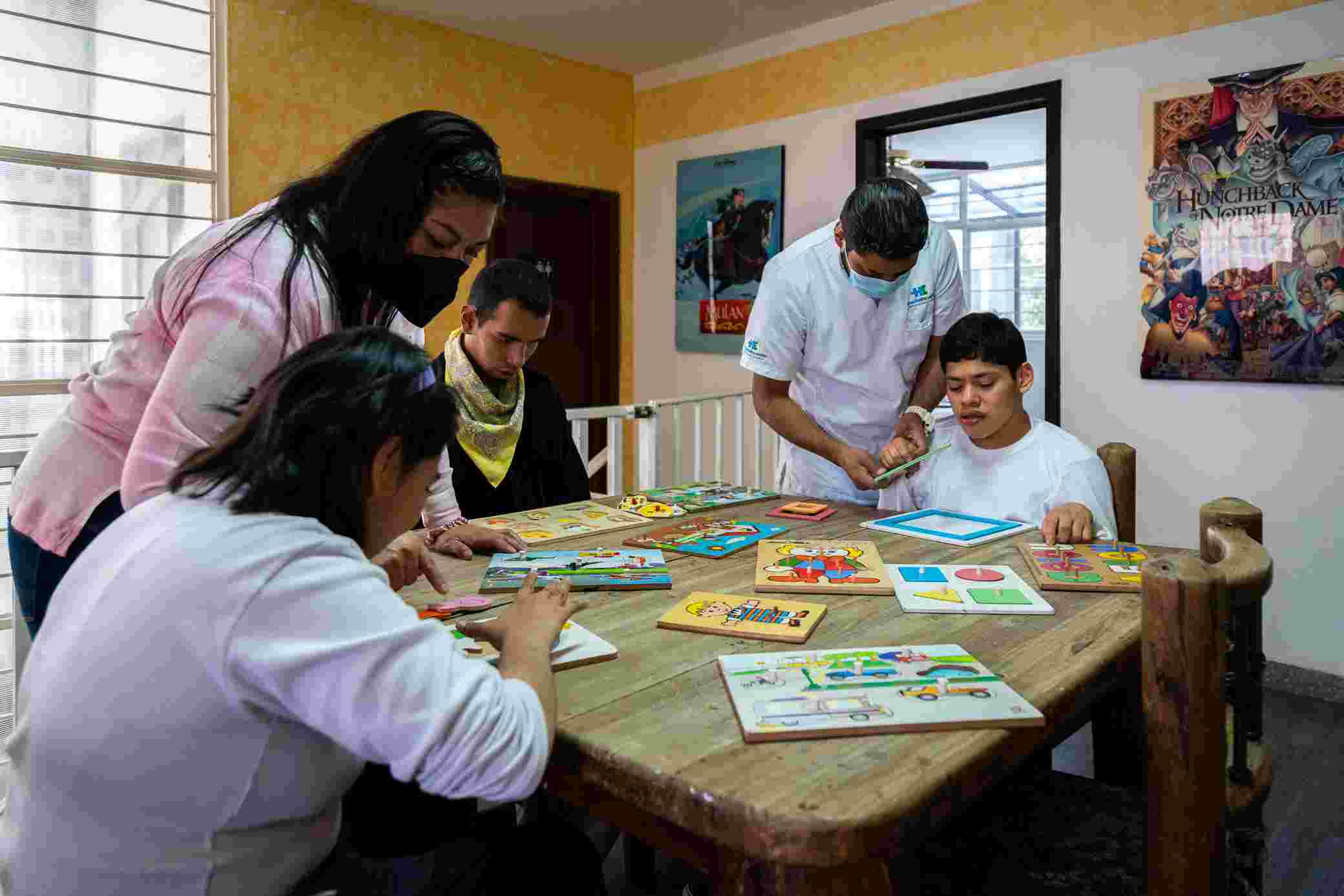
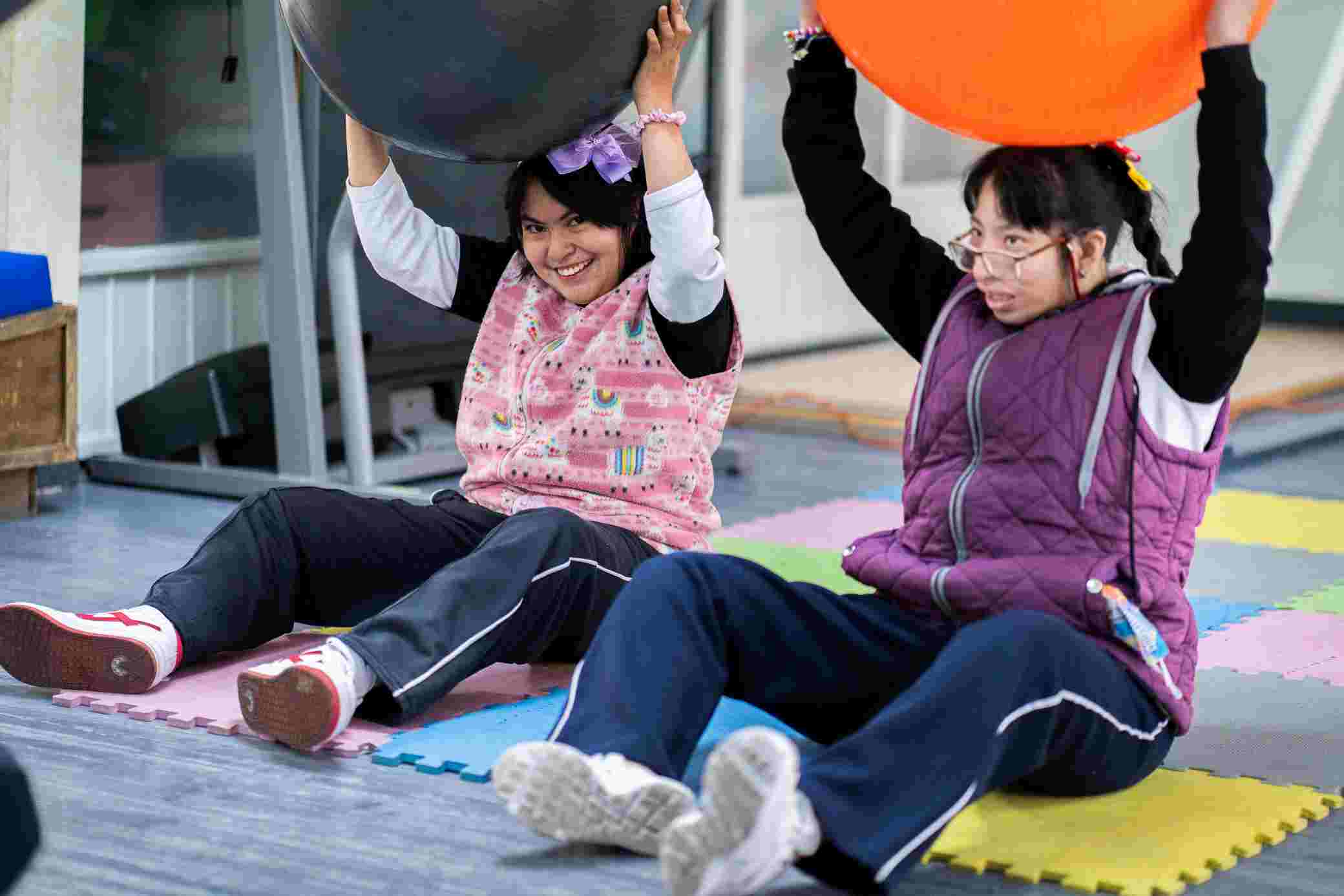
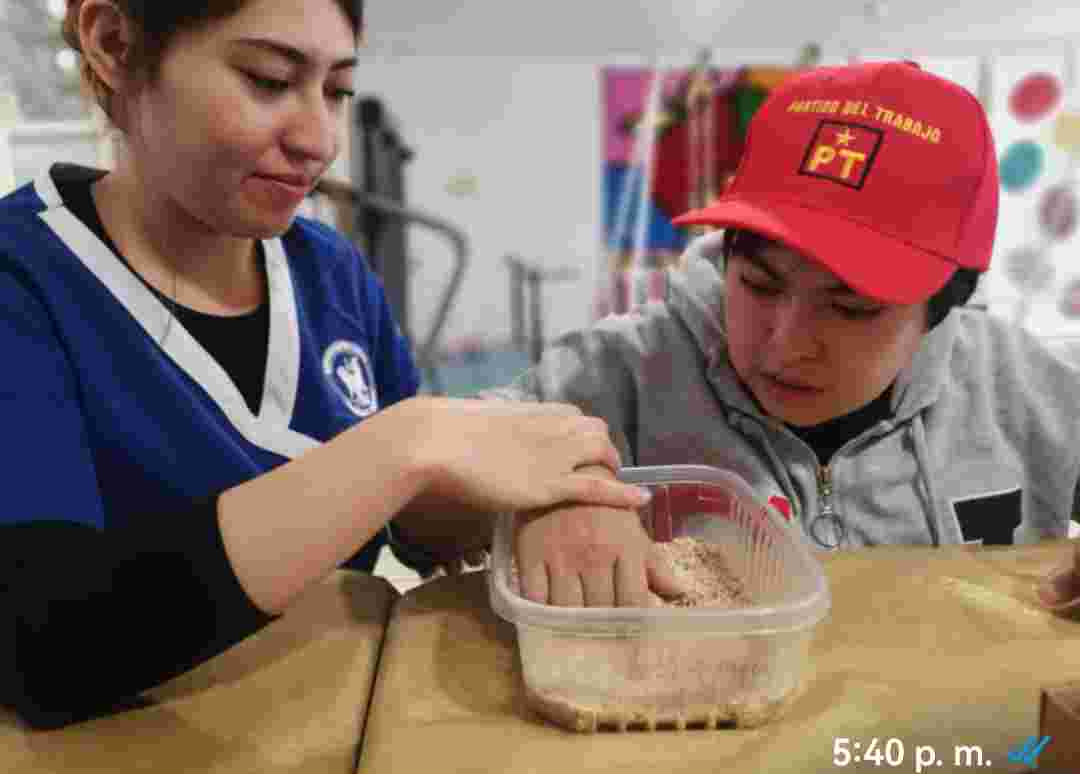
To provide medical, educational, and therapeutic care to children and young people with various types of neurological and cerebral disabilities (including Cerebral Palsy, Down Syndrome, West Syndrome, Psychomotor Delay, Autism, and others). We offer a comprehensive suite of resources for their rehabilitation, striving for their autonomy and, in many cases, their integration into mainstream schools and/or workshops where they can learn a trade and become self-sufficient.
The impact of our work is directly reflected in the improved quality of life for the people we serve. We empower them, to the best of their abilities, to become self-sufficient. For families, we provide crucial support networks and emotional support through individual and group therapy, helping them understand and accept their experiences and improving their relationships with their children. Many of the families we work with have a significant lack of awareness regarding their human rights, and often feel disoriented and unsupported in this area, among many other challenges. Since 1992, we have been dedicated to providing the necessary tools and resources for rehabilitation, striving to achieve comprehensive solutions for children and their families.
Children, adolescents, and adults with neurological and cerebral disabilities, the majority of whom come from families with limited economic resources.